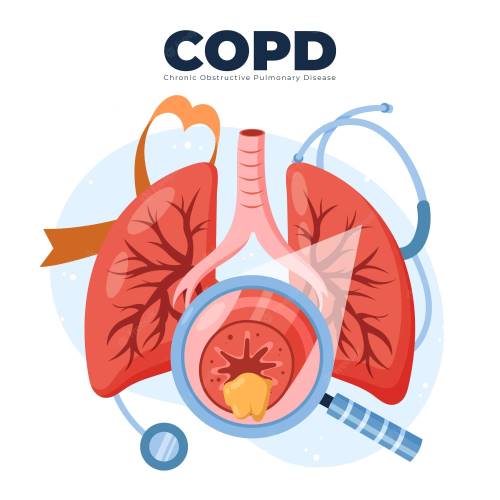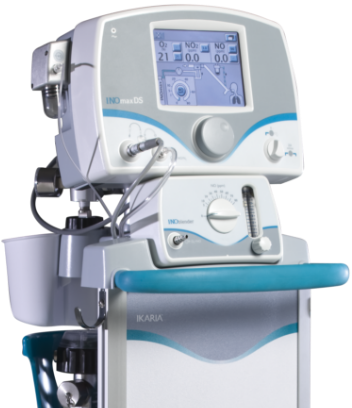Blood Gas Analysis
The analysis of arterial blood gases is an essential skill for any Respiratory Care practitioner. In this course, you will review the basic concepts of ABG interpretation, evaluate the use of venous blood gases for patient monitoring, and learn about the effects that storage has on blood gas values. You will have the opportunity to […]
Blood Gas Analysis Read More »


